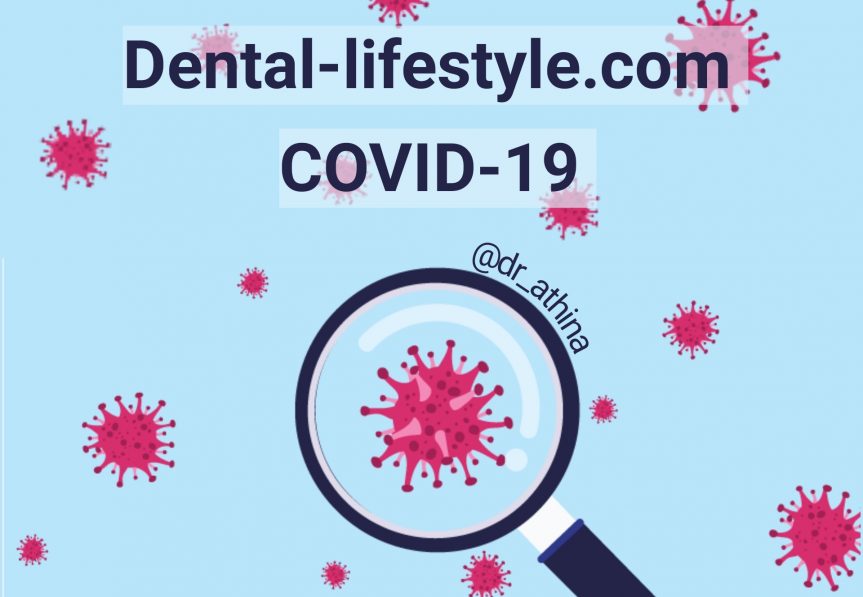Your dentist is exposed to oral and respiratory fluids more than any other doctor, so he is at a huge risk of catching COVID-19. This is the reason why all dental clinics are closed. I am sure you have questions though, like what do I do with my toothache? My crown has fallen out, what should I do? And so many more! Here in this article, we will answer all of them!
Dental urgent treatments should be prioritized if possible according to instructions. The following guidance is to support you in helping managing minor symptoms at home.
This guidance is to reduce the risk of virus transmission to you, our staff, and our patients.
You Need Urgent Dental Treatment If You Have:
- Facial swelling extending to the eye or neck or floor of the mouth.
- Bleeding following an extraction that does not stop after 20 mins of solid pressure with a gauge.
- Bleeding due to trauma.
- A severely broken tooth or a tooth has fallen out without pain.
- Toothache that is preventing sleep, eating combined with swelling or fever that is not manageable with pain killers.
Please call your dentist if you have a dental emergency as above.
You Need to Go Straight to the Hospital If You Have:
- Facial swelling affecting your vision, breathing or preventing your mouth opening more than 2 fingers width.
- Trauma causing loss of consciousness, double vision or vomiting.
Non-Urgent Dental Care:
May need to wait until your dentist re-opens.
- Loose or lost crowns, bridges or veneers.
- Broken, rubbing or loose dentures.
- Bleeding gums.
- Broken, loose or lost fillings.
- Chipped teeth with no pain.
- Loose orthodontic wires.
Pain Management:
Over the counter pain killers can help (take in accordance the instructions in the packet).
Patients who have confirmed COVID-19, or believe they have, should take paracetamol in preference to ibuprofen.
Tooth Sensitivity:
If you have extreme sensitivity to hot or cold, sensitive toothpaste can help. Rub the toothpaste directly on the affected area and don’t rinse afterward.
Wisdom Tooth Pain:
Most flare-ups can be managed with good oral hygiene at home.
- Thorough cleaning (even if painful).
- Mouthwash with chlorhexidine .
- Soft diet.
- Pain killers.
If you have difficulty swallowing or swelling in your cheek, you may need antibiotics. Call your dentist.
Oral Ulcers:
Most ulcers heal within 7-10 days. To ease the pain, try:
- Thorough cleaning (even if painful).
- Try using Benzydamine spray gel or mouthwash.
- Mouthwash with chlorhexidine .
- Soft diet.
- Pain killers.
Rubbing Dentures:
Denture adhesives may help secure a loose denture. Sharp edges can be filed using an emery board.
Bleeding Gums:
Bleeding from gums is NOT a dental emergency. Bleeding gums are usually due to gum disease, and will not stop until brushing improves.
Brush two times a day, for two minutes. Concentrate especially on the areas that are bleeding. Use floss or interdental brushes every day.
Athina Tsiorva, DDS


